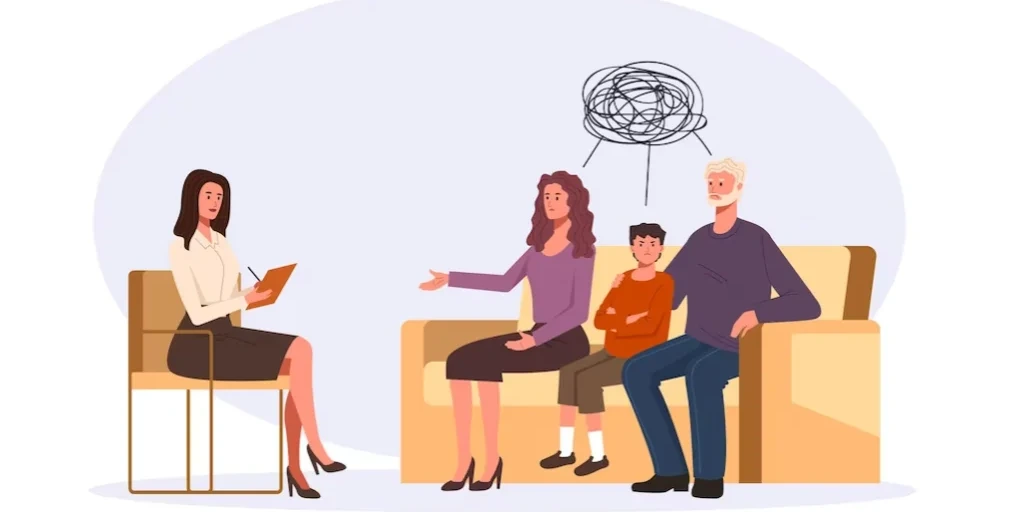24/7 Helpline:
(866) 899-221924/7 Helpline:
(866) 899-2219
Learn more about OCD Treatment centers in Haviland
OCD Treatment in Other Cities

Other Insurance Options

Absolute Total Care

Private insurance

Meritain

UnitedHealth Group

Multiplan

Ceridian

Evernorth

CareFirst

Access to Recovery (ATR) Voucher

AllWell

Sliding scale payment assistance
Beacon

Cigna

CareSource

PHCS Network

Health Partners

Holman Group

Self-pay options

Molina Healthcare

MVP Healthcare






















